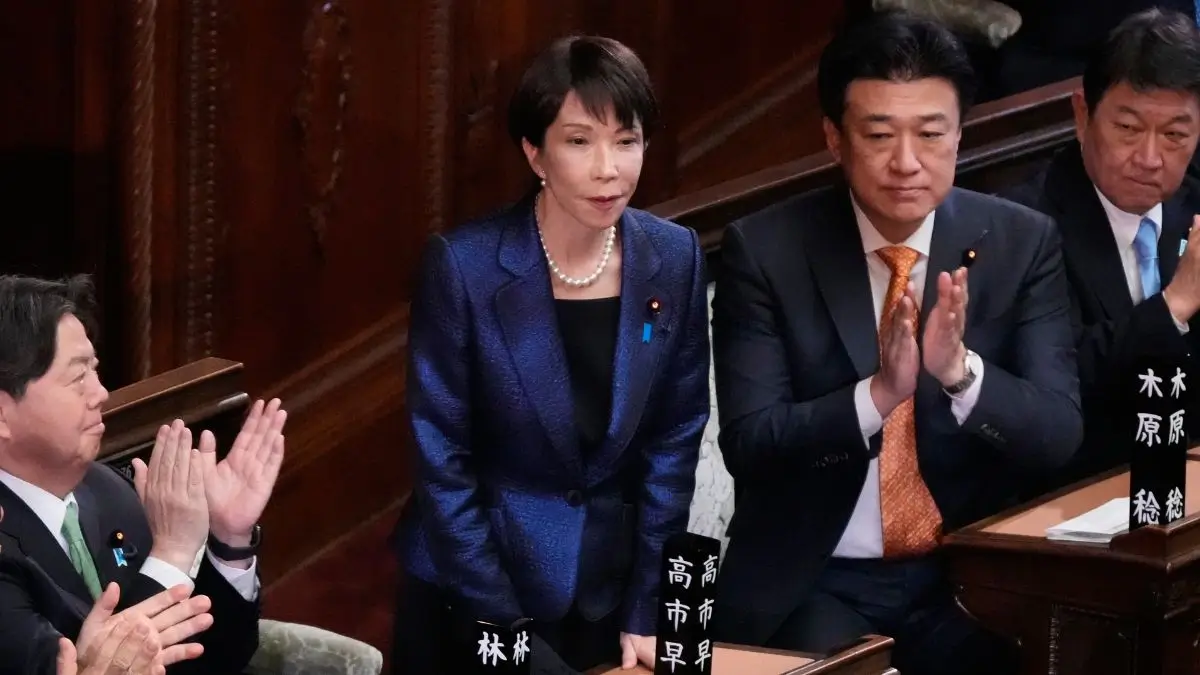Pakistan Limits Chief Justice’s Term to Three Years
Introduction to the New Regulation
In a significant constitutional amendment, Pakistan has limited the term of its Chief Justice to three years. This decision has sparked discussions about judicial independence, accountability, and the overall judicial system in the country. The amendment aims to enhance the democratic framework by ensuring a periodic transition in the highest judicial office, thereby addressing concerns regarding potential autocratic tendencies within the judiciary.
Implications for Judicial Governance
The new regulation is expected to reshape the judicial landscape of Pakistan. By enforcing a fixed term, the government seeks to mitigate the risks associated with the concentration of power in the hands of a single individual. This shift is seen as a move towards greater accountability, as it allows for the possibility of new leadership and perspectives within the judiciary every three years. However, critics argue that this may compromise the independence of the judiciary, as the tenure limitations could lead to executive interference in judicial appointments.
Reactions from Legal Experts and Politicians
The decision has garnered mixed reactions from legal experts and politicians alike. Proponents argue that this change is a step towards reforming the judicial system and making it more responsive to the needs of the public. Conversely, opponents express concerns about the potential for political manipulation in the appointment of Chief Justices, fearing that the executive branch may exert undue influence over the judiciary. This debate underscores the delicate balance between judicial independence and accountability in Pakistan’s governance.
Conclusion
The limitation of the Chief Justice’s term to three years marks a pivotal moment in Pakistan’s legal history. As the country navigates this change, it will be crucial to monitor the impact on judicial integrity and independence. The coming years will determine whether this reform enhances democracy or poses new challenges for the legal system.

Why This News is Important
Strengthening Judicial Independence
The amendment to limit the Chief Justice’s term is crucial in promoting judicial independence. By instituting a three-year term, it aims to reduce the risks of power consolidation within the judiciary. This change encourages the idea that no single individual should hold significant sway over the judicial processes for an extended period, reinforcing the democratic principles that are foundational to a fair judicial system.
Impact on Accountability
This regulation enhances accountability within the judiciary by ensuring that the Chief Justice is periodically reviewed and replaced. This change can lead to a more dynamic and responsive judiciary that reflects the evolving needs of society. Regular transitions in leadership could bring in fresh perspectives, helping to address longstanding issues within the judicial system and making it more accessible to the public.
Addressing Concerns of Political Influence
While the regulation aims to improve accountability, it also raises concerns about political influence in judicial appointments. The opposition fears that limiting terms may open avenues for political parties to exert control over judicial appointments, potentially compromising the independence that the judiciary strives to maintain. Therefore, vigilance will be necessary to safeguard against any undue influence from the executive branch in the future.
Historical Context
Evolution of Judicial Terms in Pakistan
The history of judicial terms in Pakistan has been marked by significant changes and reforms aimed at ensuring an independent judiciary. Previously, Chief Justices could serve until the age of retirement, leading to instances where individuals held power for extended periods. This concentration of power raised concerns about the potential for bias and influence from political entities.
Previous Reforms and Their Impact
In the past, various reforms aimed at enhancing judicial independence have been implemented, including the establishment of the National Judicial Policy and the introduction of judicial accountability mechanisms. These reforms laid the groundwork for the recent decision to limit the Chief Justice’s term, reflecting a continued effort to strengthen the rule of law and ensure that the judiciary remains a pillar of democracy in Pakistan.
Key Takeaways from Pakistan Limits Chief Justice’s Term to Three Years
| Serial No. | Key Takeaway |
|---|---|
| 1 | Pakistan has limited the term of the Chief Justice to three years. |
| 2 | The amendment aims to enhance accountability and reduce power consolidation. |
| 3 | Mixed reactions from legal experts highlight concerns about judicial independence. |
| 4 | The change is seen as a move towards reforming the judicial system. |
| 5 | Historical context shows a trend towards enhancing judicial independence in Pakistan. |
Important FAQs for Students from this News
1. What is the significance of limiting the Chief Justice’s term in Pakistan?
Limiting the Chief Justice’s term is significant as it promotes judicial accountability and reduces the risk of power consolidation, ensuring that no single individual holds excessive influence over the judiciary for an extended period.
2. How does this amendment affect judicial independence?
While the amendment aims to enhance accountability, it raises concerns about potential political interference in judicial appointments, which could impact the independence of the judiciary.
3. What was the previous system regarding the Chief Justice’s term?
Previously, Chief Justices in Pakistan could serve until the age of retirement, leading to longer tenures that raised concerns about the concentration of power and potential biases.
4. What are the potential consequences of this regulation?
The potential consequences include a more dynamic judiciary that is responsive to public needs, but it also risks political manipulation in judicial appointments.
5. How has the judiciary in Pakistan evolved over time?
The judiciary in Pakistan has undergone various reforms aimed at strengthening its independence, including the establishment of accountability mechanisms and judicial policies that have paved the way for this recent amendment.
Some Important Current Affairs Links

















